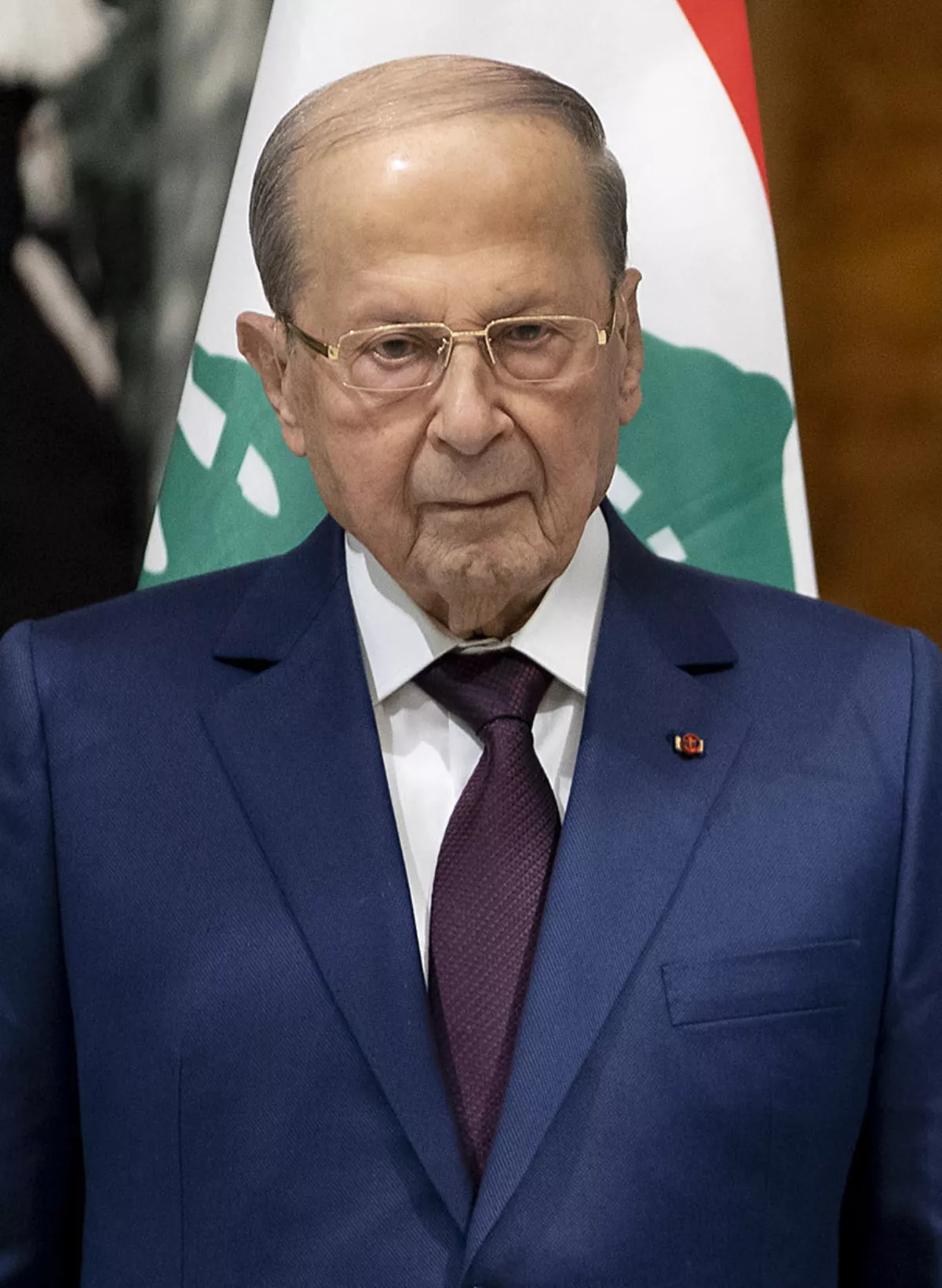 1.
1. Michel Aoun declared the War of Liberation against Syrian Army forces on 14 March 1989, opposed the Taif Agreement, refused to recognize the newly elected presidents Rene Moawad and Elias Hrawi, clashed with the Lebanese Forces led by Samir Geagea, and survived an assassination attempt on 12 October 1990.